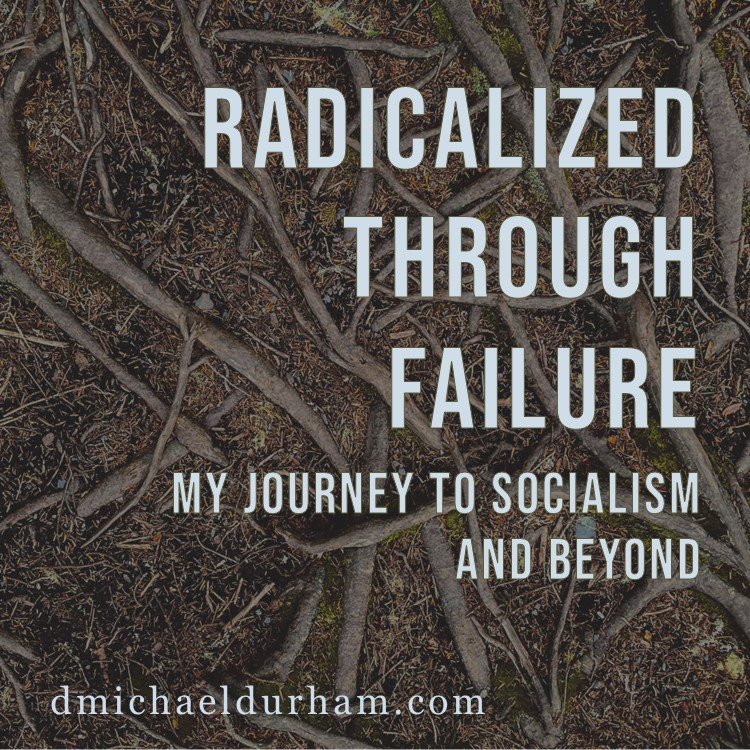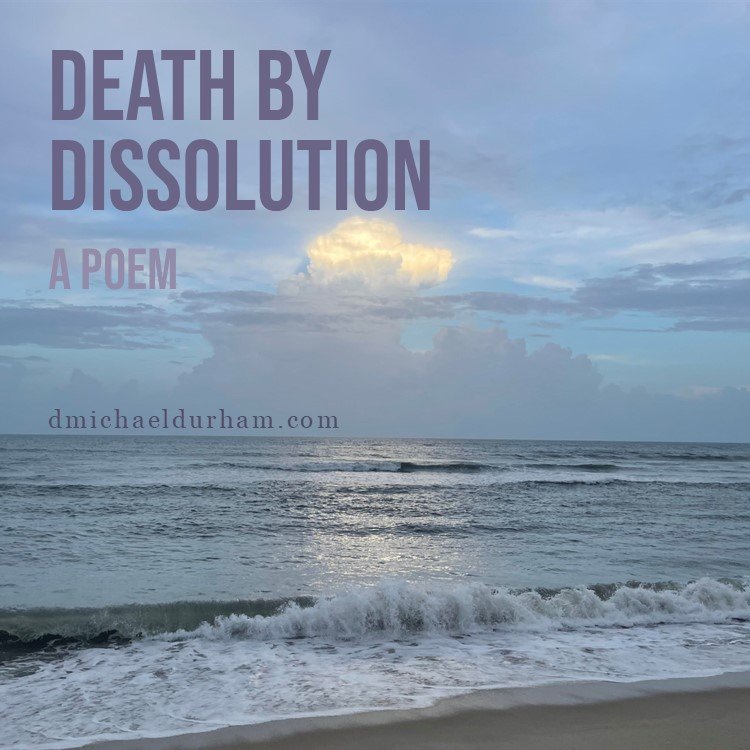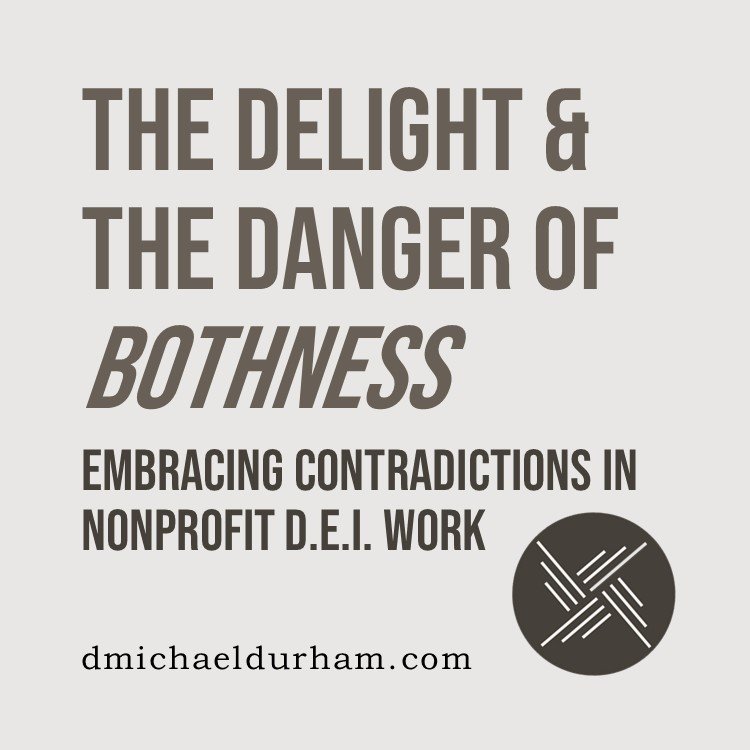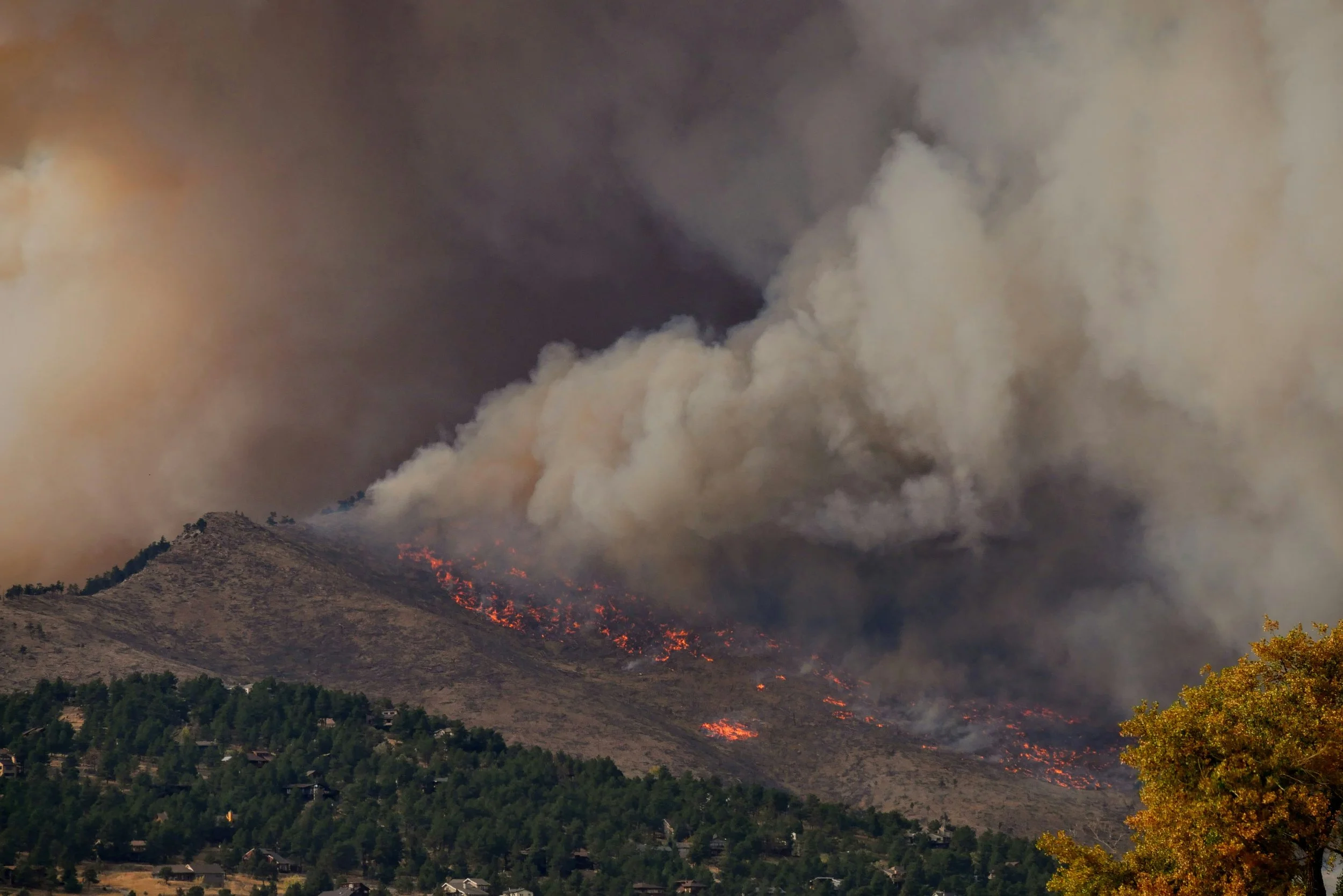ARTICLE MENU

Congratulations on Your Divorce
Divorce is an invitation to authenticity.

Against a Liberal Project 2025
There’s no such thing as a leftist billionaire.

Abolitionist Family Values: When Children Practice Repair
Abolition informs my parenting. And I’m an abolitionist because I’m a parent.

Dreams for My Daughters, Compassion for Myself
How reappropriating my affection for my children facilitates my own self-love.

How Not to Ignore Indigenous Teachers
How Indigenous values will carry us through the Trump era and beyond.

Palestine & Homelessness: Why We Are Quiet
Reflections on why the US homelessness sector is quiet in a time of genocide.

Radicalized Through Failure: My Journey to Socialism and Beyond
Stories of how learning from getting it wrong radicalized me toward socialist politics.

Death by Dissolution (A Poem)
A poem about ego and insecurity.

The Antidote to Criminalization is Abolition
To speak of criminalization without abolition is a joke without the punchline.

The Delight and the Danger of Bothness: Embracing Contradictions in Nonprofit DEI Work
How both/and thinking rescues us from stagnation in nonprofit DEI organizing.

“I Didn’t Choose to Be White”: A Case Study in White Supremacy at Work

Accountability & Repair: Wisdom from Transformative Justice
What would it look like for philanthropy to embrace an understanding of accountability from the wisdom of transformative justice?

A Christmas Severance
A reflection on a Christmas breakup.

Love > Hope: On Nourishment for Movements
Hope may be valid for social-justice movements, but it fails to sustain us. And worse, nonprofit-industrial-complex executives too often weaponize hope to shame underpaid laborers for tapping out in the face of regression. But love is more nourishing sustenance for our movements anyway.
This article draws from abolitionist values that echo the teachings of street outreach practitioners who bear witness to the most profound human suffering and who, like many activists, have every right to despair.

What Is Spirituality? Part III: A Spirituality that Liberates
In the final edition of the series “What is Spirituality?” I argue why it matters to have a positive understanding of spirituality and what social-justice movements stand to gain.

What Is Spirituality? Part II: A Human(ist) Definition
Part 2 of this series “What is Spirituality?” offers a humanist definition, one that acknowledges the limitations of the human experience and transcends religion and materialism.

What Is Spirituality? Part I: Compared to What?
The first of a three-part series “What is Spirituality?” this article names why ex-evangelical readers may be looking for and how it contrasts with religion and materialism.

Lessons on Abolition from Alcoholism
Free liquor is the best liquor, I used to tell myself. I prefer tequila, gin, and bourbon in that order, but I’d drink the foulest of flavored vodkas if available at no cost. On this particular night, I disliked the flavor of the scotch in my glass, which had been abandoned here as an accidental housewarming gift. Not only did the taste fail to satiate me, so did the inebriation I sought. I expected the shame and physical ailment to wait until morning like usual, but for as-yet unknown reasons, I encountered the despair at night like an unwelcome Santa.

I Am the River and the Raft
Hawaii lured my therapist from Nashville. When she told me our therapeutic relationship was about to transition to an LDR, it accelerated my decision about whether to pursue a ketamine-assisted psychotherapy (KAP) ceremony: September or bust. She recommends it for most of her clients, but I specifically stood to benefit from the prospective treatment of my depression, self-hatred, and the numerous severances within my being that once drove me to alcohol addiction. The cost and scheduling had driven my indecisiveness, but when she informed me her only available date for the three-hour session was September 14, I welcomed the serendipity: that’s my birthday.

A Short Introduction to Abolition Theology
Someone recently asked me what my religious or spiritual orientation is, an appropriate question in context because we were meeting in relation to a divinity school. I started to tell him I was raised conservative/evangelical/charismatic/nondenominational, that I drifted from that interpretation of Christianity in college, floated around a hipster church in grad school (studying theology), but haven’t been to church in ten years. I told him my recovery community is situated in a Buddhist meditation center, and I love studying that tradition, but feel no need to identify as Buddhist. I am a student of religions, I said, but don’t belong to any particular one. I could feel his dissatisfaction with the ambiguity of this response because I shared that sentiment. Then, I grabbed the book by my desk, Mariame Kaba’s latest tome, and thumping it like a Bible, I told him I wish it sufficed to say that I’m an abolitionist. Kaba’s work is deeply spiritual to me. Abolition is my religion.

